As the world celebrated Christmas — giving and receiving gifts, overeating, and contemplating the birth of Jesus — we missed an important historical anniversary. It's easy to see why we would miss the historical events that took place on Christmas Day since it's a holy day for Christians and a special day even for many who don't believe in Jesus, but one important event that's worth revisiting took place 32 years ago.
On Dec. 25, 1991, the Soviet Union ceased to exist. That evening, Mikhail Gorbachev resigned as president of the USSR, made a phone call to tell U.S. President George H.W. Bush goodbye, and delivered a speech to his nation. Shortly after that, the Soviet flag came down for the last time, and the Russian tricolor flag took its place, flying over the Kremlin.
It was a remarkably peaceful handoff from one form of government to another and from one national identity to another, but the end of the USSR was a long time coming. Of course, we all know that President Ronald Reagan and Prime Minister Margaret Thatcher did great work throughout the '80s nudging the Soviet Union toward shaking off Communism, but within the country, Gorbachev initiated a series of reforms that hastened the fall of the USSR.
"Gorbachev believed reform was necessary for survival, and he brought desperate actions to the desperate times," writes Christopher Klein at History.com. "He ushered in political openness ('glasnost'), which brought new freedoms and democratic elections, and perestroika ('economic restructuring'), which loosened government control on the Soviet economy and permitted limited private enterprise. The changes made Gorbachev popular abroad, but opinions of him fell at home as the USSR struggled through the transformation."
Gorbachev found himself torn between modernization and the hardline Communists who resisted his efforts to bring more freedom. When the Berlin Wall fell in 1989, he didn't order the Soviet military to intervene, winning him more affection from the West and more disdain from the hardliners. In a referendum in March 1991, more than three-fourths of Soviet citizens wanted the USSR to continue, but that didn't stop Gorbachev and other modernizers like Boris Yeltsin, who would become president of the new Russia, from pushing for more reform.
Recommended: Carols From King's: A Welcome Respite From the Obnoxious Christmas Music We Hear Everywhere Else
In August 1991, hardliners and the military attempted a coup against Gorbachev. Soldiers kept him under house arrest at his Crimean vacation home, and tanks paraded through the streets of Moscow. The coup attempt didn't last, and Gorbachev was back in Moscow within a week. As a result of the coup, Ukraine and Belarus declared their independence from the USSR, and Yeltsin's star began to rise.
"Planned by hard-line Communists, the coup diminished Gorbachev’s power and propelled Yeltsin and the democratic forces to the forefront of Soviet and Russian politics," the U.S. State Department's Milestones in the History of U.S. Foreign Relations blog points out.
"The last gasp of the old order had been smothered with the failed coup, and an emboldened Yeltsin quickly eclipsed Gorbachev," Klein writes.
By December, the wheels came even closer to falling off. On Dec. 1, 70% of Ukrainians voted for independence. A week later, "the leaders of Russia, Ukraine, and Belarus signed the Belovezhie agreement to dissolve the USSR and create a Commonwealth of Independent States," as the National Security Archive explains.
At first, Gorbachev was in the dark about the agreement. "Yeltsin rushed to phone Bush to inform him, emphasizing that Gorbachev did not know yet about it," the National Security Archive reports. "Gorbachev actually heard the news after Bush did, from Belarus’s leader, Stanislav Shushkevich."
More dominoes fell as Soviet republics declared their independence, which set the stage for Gorbachev's resignation and the end of the USSR on Christmas Day, 1991. Today, Russia lives under a different form of authoritarianism, but it's worth remembering what happened 32 years ago this week.

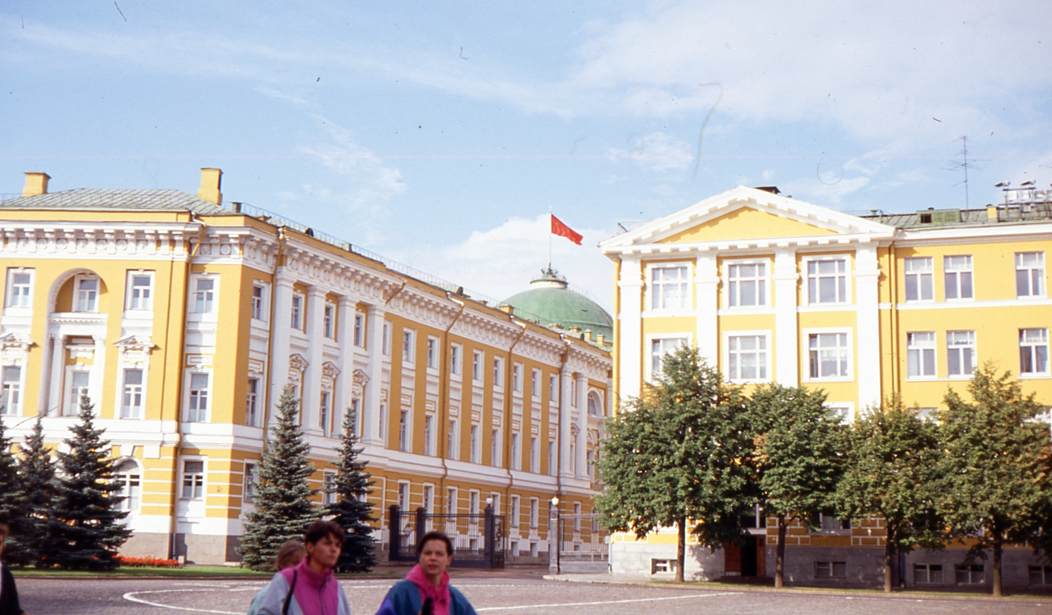

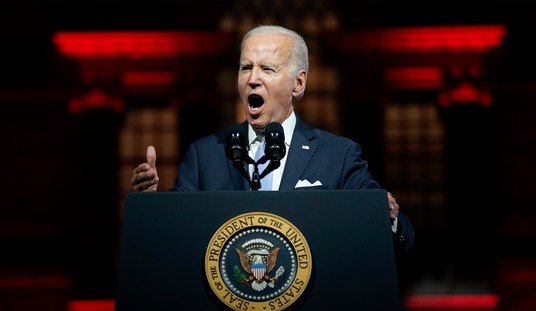
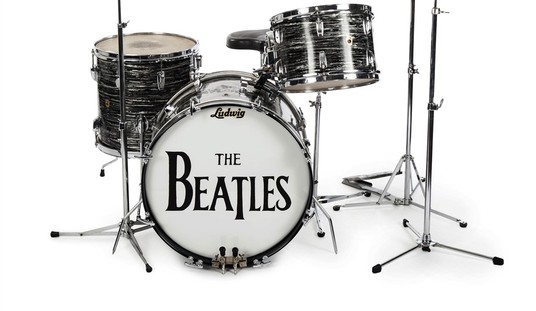
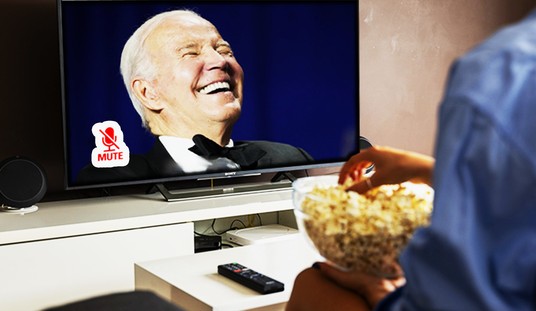
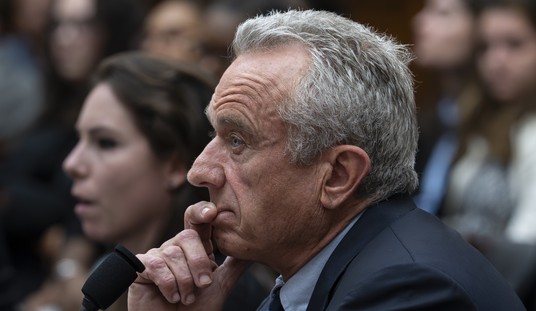
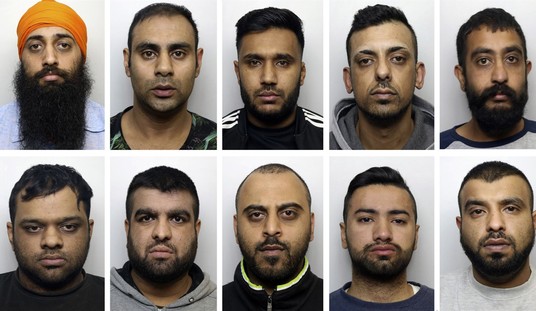

Join the conversation as a VIP Member